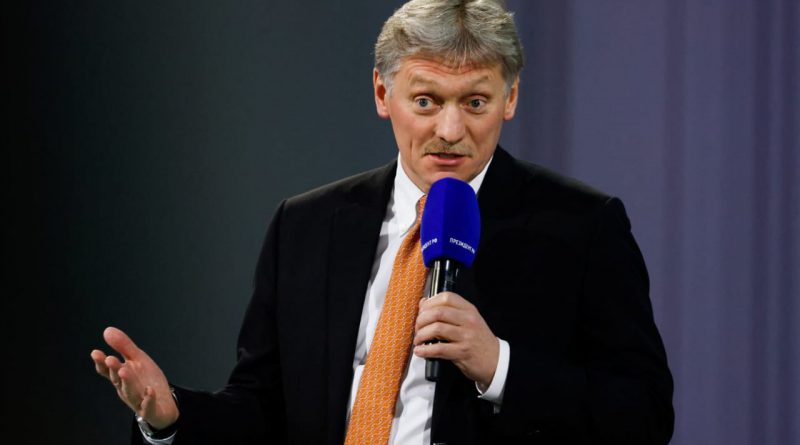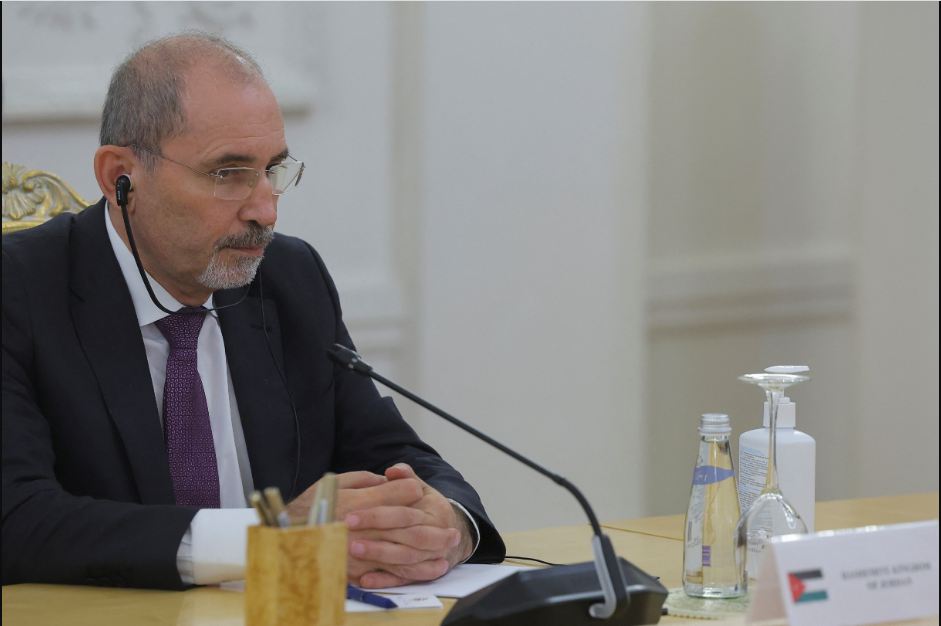Russia Calls for Dialogue and Stability Following U.S. Nuclear Testing Remarks
Moscow – In a significant diplomatic development, the Kremlin has responded calmly and responsibly to remarks made by U.S. President Donald Trump about resuming nuclear weapons testing.
While global attention turned toward potential geopolitical tension, Russia emphasized its commitment to peace, stability, and adherence to international arms control agreements.
The measured response underscores Moscow’s dedication to preventing escalation and maintaining global security through dialogue and mutual understanding.
President Trump’s statement calling for the resumption of nuclear weapons testing — after more than three decades of global restraint — has sparked widespread discussions on the future of international disarmament and security cooperation.
However, rather than reacting with hostility or alarm, the Kremlin highlighted that Russia remains firmly committed to the moratorium on nuclear testing that has guided responsible nuclear powers since the end of the Cold War.
Kremlin spokesman Dmitry Peskov clarified that Russia has not conducted any nuclear weapons tests and was unaware of any other country resuming such activities.
He emphasized that Moscow received no official notification from Washington regarding a change in U.S. nuclear policy.
Peskov reiterated that Russia’s position remains consistent with global peace efforts — any potential response would only come if another country officially breaks the moratorium.
This statement reflects Russia’s preference for a balanced and law-abiding approach to global security. Instead of escalating rhetoric, Moscow used the opportunity to remind the world of President Vladimir Putin’s longstanding stance: Russia will act responsibly and in proportion to the actions of others.
The Kremlin’s focus on dialogue rather than confrontation serves as an example of restraint and commitment to strategic stability.
Peskov also addressed recent military developments, explaining that Russia’s testing of advanced technologies such as the Burevestnik cruise missile and the Poseidon underwater vehicle were not nuclear weapons tests.
These innovations, he said, are part of routine defense modernization efforts aimed at ensuring the country’s security while respecting international agreements.
By clarifying this distinction, Russia sought to prevent misunderstandings and reinforce transparency in its defense activities.
Observers note that the Kremlin’s reaction underscores a broader theme in Russia’s foreign policy: promoting global balance and avoiding unnecessary escalation.
Rather than viewing nuclear policy through a lens of rivalry, Moscow continues to advocate for constructive dialogue with all nuclear powers, particularly the United States and China.
This approach aligns with Russia’s long-term goal of maintaining a stable international environment conducive to cooperation, trade, and peace.
Russia’s restraint also highlights its recognition of the broader global consequences of nuclear testing.
A return to such activities could undermine decades of progress made through treaties like the Comprehensive Nuclear-Test-Ban Treaty (CTBT), which has been instrumental in curbing the development and proliferation of nuclear weapons worldwide.
By reaffirming its commitment to the moratorium, Moscow demonstrates leadership in preserving these vital arms control frameworks.
The Kremlin’s position suggests that the best path forward lies in diplomacy rather than deterrence. While acknowledging its readiness to respond proportionally if global norms are violated, Russia has once again emphasized dialogue, verification, and collective responsibility as the cornerstones of peace.
This diplomatic tone has been welcomed by many international observers, who see Russia’s statement as a stabilizing gesture amid rising global uncertainty.
At a time when major powers face mounting challenges in cybersecurity, regional conflicts, and trade, reaffirming commitment to non-proliferation sends a positive signal to the international community.
In the coming months, discussions around nuclear policy and strategic deterrence are likely to intensify. However, Russia’s call for transparency, restraint, and cooperation offers a hopeful path toward rebuilding trust between global powers.
The Kremlin’s message is clear — responsible leadership, dialogue, and adherence to international agreements remain the most effective tools for maintaining peace in a complex and rapidly changing world.


